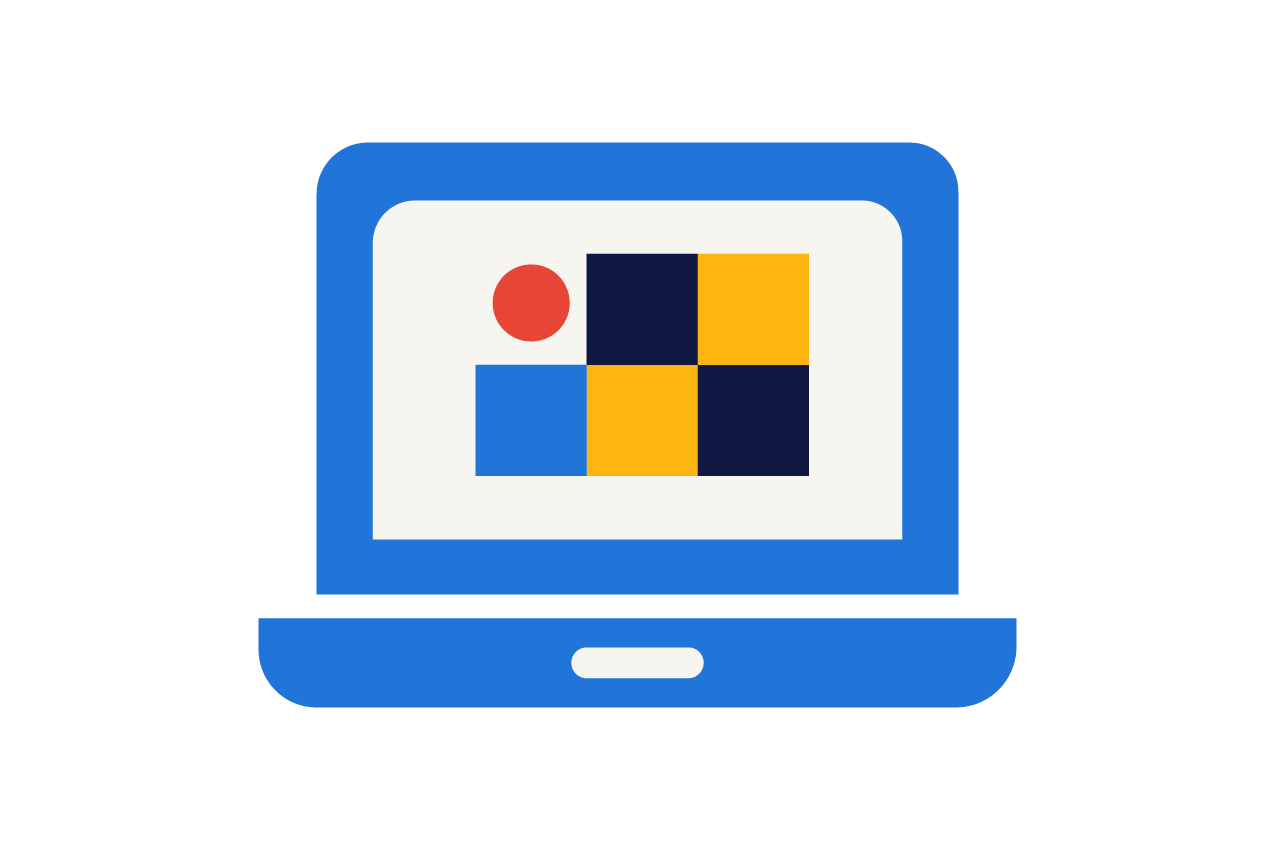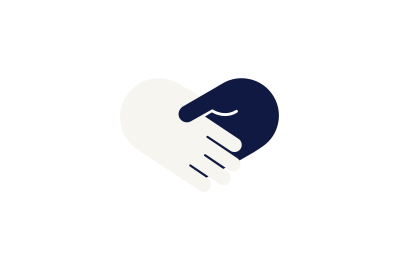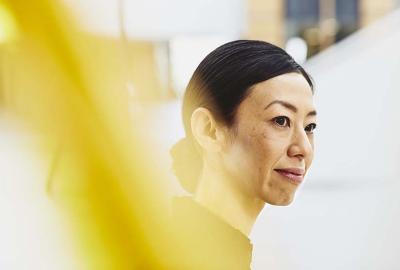
technology is aiding the transformation of healthcare into something that is tailored to the individual - it is bespoke.
Healthcare has a new best friend: technology. Continuing advancements in science and technology have led to medical breakthroughs that have brought closer cures for diseases and illnesses that were once thought to be incurable.
Perhaps most importantly, technology is aiding the transformation of healthcare into something that is tailored to the individual - it is bespoke. From 3D printers to artificial intelligence, healthcare providers today use some of the most advanced tools and systems in the world.
We’ve highlighted seven pieces of technology that we think will make an impact in the future of the industry.
1. 3D printing.
2. Fitness and artificial intelligence.
3. Mental health services.
4. Technological care homes.
5. NHS Digital.
6. NHS App.
7. Push Doctor.
seven revolutionary technologies in healthcare explained.
1. 3D printing.
Currently used to create prosthetic limbs for humans and animals, this software allows doctors to create something which is the exact fit for the affected area. In the future, 3D printing could be used to create internal organs and bones which can grow within the human body.
2. Fitness and artificial intelligence.
With devices such as Fitbits and Apple Watches leading the way in personal fitness tracking, anyone can record and track their personal fitness information. In the future, this technology could be combined with artificial intelligence - you could be warned of potential health complications before they arise.
3. Mental health services.
Seven areas across England are working to develop a variety of digital services for mental health patients, including apps which will allow real-time sharing of medical records and assistive technology to help patients manage their own conditions. For example, Mersey Care NHS Foundation Trust is working to develop an app to anticipate and respond to self-harm and suicide risks.
4. Technological care homes.
Castle Brook care home currently uses acoustic monitoring overnight, meaning that sensors monitor sound levels in residents’ rooms, which can then send email alerts to the monitoring station, helping alert staff if help is needed.
5. NHS Digital.
The NHS Digital Academy has set up a new programme to train candidates on how to use new technology to improve patient care and experience. This means that if the NHS’s digital systems can be used more efficiently, in turn care can be delivered more efficiently.
6. NHS App.
02/07/2018 the government unveiled a new NHS mobile app that will put patients in England in direct touch with their GPS's. The app allows you to book appointments, see your medical files held by your surgery and order repeat prescriptions.
7. Push Doctor.
With everyone having incredibly busy lifestyles, trying to make time for doctor appointments around work can be extremely difficult. Push Doctor is a mobile app available on Android and IOS where you can video call a doctor or GP, gain prescriptions, sick notes.





